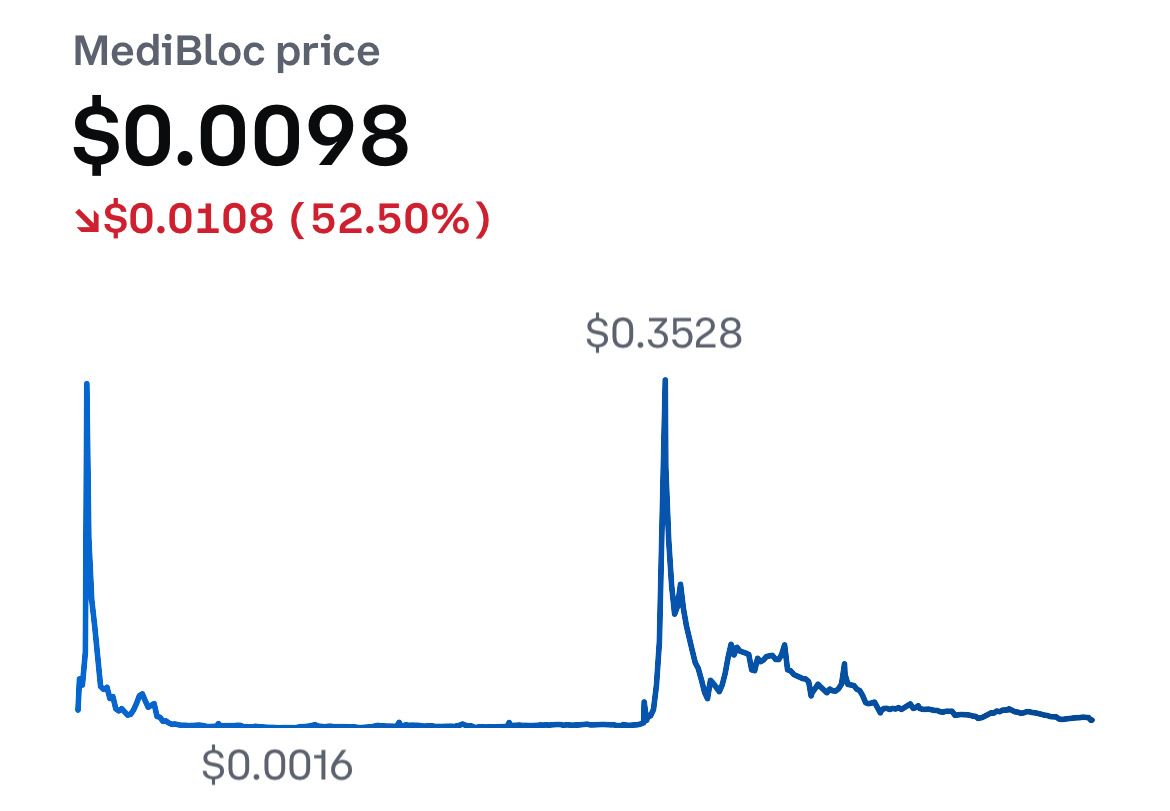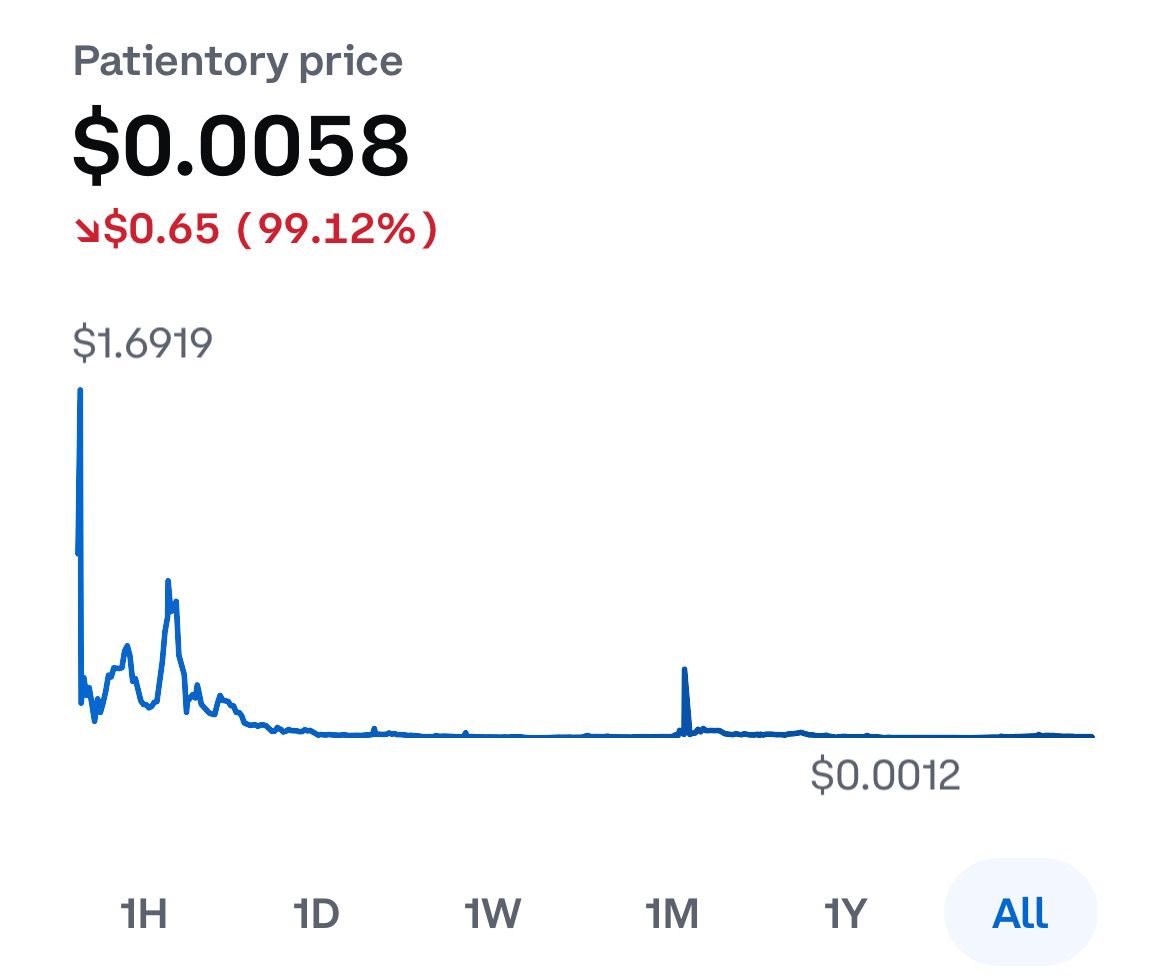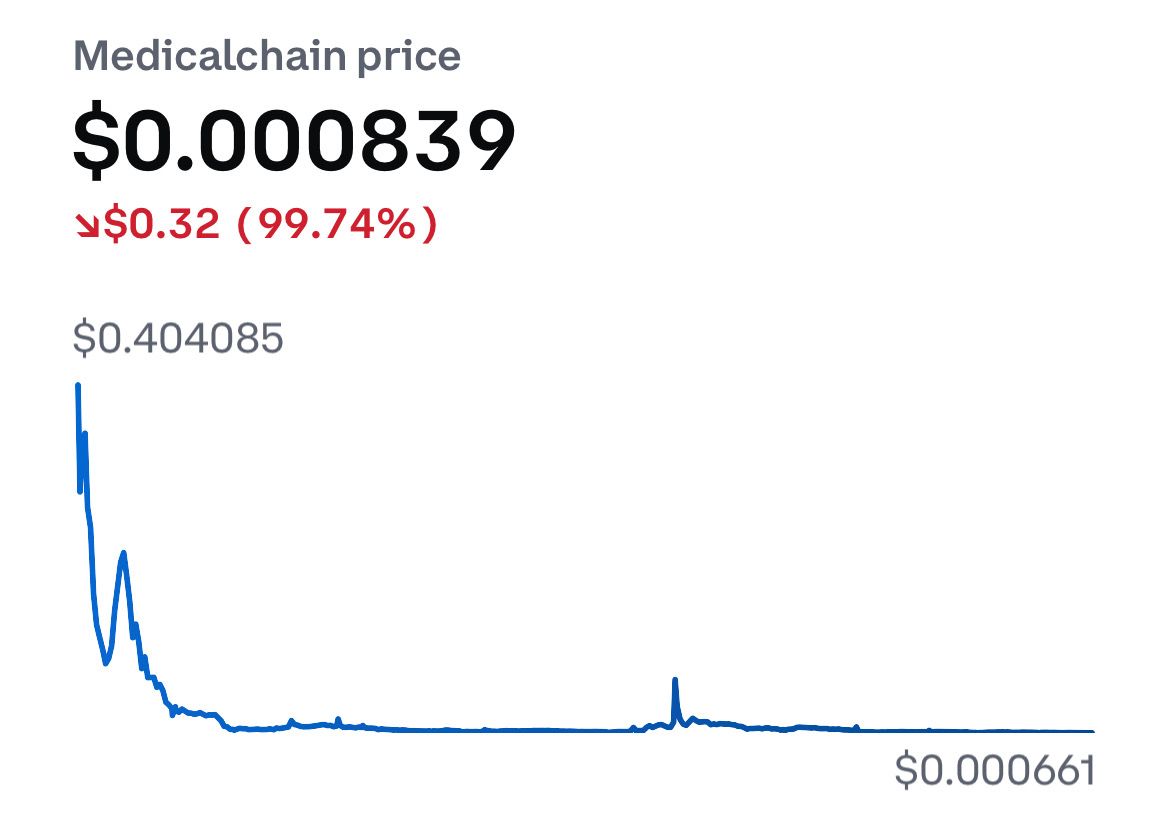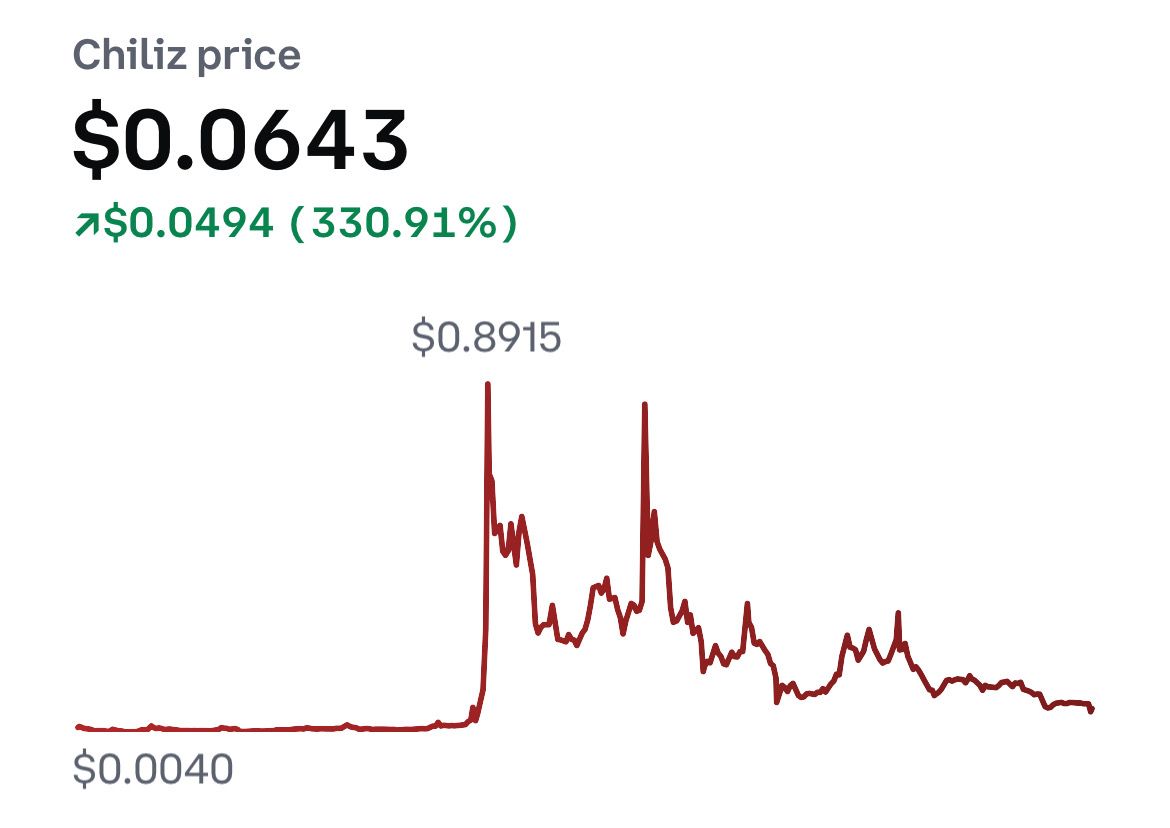Blockchain Technology and The Evolution of the Patient Healthcare Experience

Blockchain technology has the potential to be a game-changer for the healthcare industry and patient experience.
- Rising Significance: As technology integrates deeper into our daily lives, blockchain has emerged as a pivotal innovation, especially in the healthcare sector.
- Patient-Centric Approach: Blockchain stands to redefine patient experiences, emphasizing transparency, security, and autonomy.
- Healthcare Transformation: From record management to medical research, blockchain's decentralized nature will revolutionize many healthcare processes.
Blockchain technology has proven its value far beyond just financial transactions. This article shows how it will impact the patient healthcare experience in this evolving digital landscape.

The purpose of this article is to demonstrate how blockchain technology is set to transform the patient healthcare experience and its potential to address current challenges in healthcare, promoting a more transparent, secure, and patient-centric system.
This article aims to provide readers with a comprehensive understanding of blockchain's potential impact on various facets of healthcare, from ensuring the integrity of medical records to enhancing patient autonomy and streamlining processes.
Before this article starts, I must note that the crypto space is dynamic. Projects can emerge, evolve, or even disappear. Thus, if you’re considering involvement or investment in healthcare-related crypto projects, it’s essential to do thorough research and stay updated with industry trends and project developments.

Blockchain Technology Explained
Blockchain technology is a decentralized digital ledger that records transactions across multiple computers in a way that ensures the data can be nearly impossible to alter retroactively.
Blockchain consists of:
- Blocks: at the heart of blockchain is the concept of “blocks.” Each block contains a number of transactions. Once a block is filled with transactions, it's then added to the chain in a linear, chronological order.
- Chain: this is a series of blocks, hence the term "blockchain." Each block contains a cryptographic hash of the previous block, creating a linked chain.
- Decentralization: unlike traditional databases, such as a SQL database, that have a central point of control, blockchains are decentralized. This means that no single entity has control over the entire blockchain, and all transactions are publicly recorded on the blockchain network.
- Transparency: transactions are visible to all users, but all the involved parties in the transaction remain anonymous. This transparency ensures that all parties can verify and audit transactions independently.
- Immutability: once a transaction has been added to the blockchain, it becomes very difficult to alter. This ensures that records on the blockchain are time-stamped and can't be tampered with.
- Consensus algorithms: for a new block to be added to the blockchain, network participants must agree on its validity. This agreement is achieved through consensus algorithms like Proof of Work (PoW) and Proof of Stake (PoS).
- Security: transactions must be verified by network nodes through cryptography, ensuring the security and authenticity of the information being processed.
Blockchain technology exceeds far beyond the use of cryptocurriencies and includes areas like supply chain management, healthcare, voting systems, real estate, and more, due to its transparent, immutable, and decentralized nature.

How Blockchain Technology Will Impact The Patient Experience
- Data Security and Privacy: blockchain's inherent encryption mechanisms can provide enhanced security for patients' health records. Once data is stored in a block, it becomes extremely difficult to alter, ensuring data integrity.
- Interoperability: one of the main challenges in the current healthcare system is the fragmented storage of patient data across multiple systems and platforms. Blockchain can offer a unified platform where all health records can be accessed and updated in real-time, allowing seamless information flow between providers.
- Patient-Centered Care: blockchain empowers patients by giving them control over their health data. They can decide who gets access to their data and for what purpose, which can potentially lead to a more personalized care experience.
- Telemedicine and Remote Monitoring: with the secure and real-time capabilities of blockchain, telemedicine and remote monitoring of patients can be made more robust and reliable. Patients and providers can interact and share data seamlessly, regardless of their geographic locations.
- Counterfeit Drug Prevention: blockchain can be used to trace the journey of pharmaceuticals from manufacturer to end-user, ensuring authenticity and reducing the risks associated with counterfeit drugs.
- Clinical Trials and Research: the integrity and immutability of blockchain data can facilitate transparent and trustworthy clinical trials. Participants' data can be recorded in real-time, reducing the risk of data tampering or loss.
- Billing and Payment: blockchain can simplify and streamline the billing process, reducing errors and fraudulent claims. Smart contracts can automate payment processes, making transactions transparent and efficient.
- Consent Management: managing and tracking patient consents for procedures, data sharing, and other medical interventions can be standardized and made more transparent with blockchain
It's important to recognize that while blockchain presents various advantages, there are also challenges. Implementation in healthcare systems worldwide can be complex due to regulatory concerns, the need for standardized protocols, and the vastness of existing healthcare infrastructures.
Yet, as the technology matures and its benefits become more evident, it's likely that blockchain will play an increasingly integral role in shaping the future of the patient healthcare experience.

Blockchains Involved In The Future of Healthcare
Here are some of the notable blockchain projects in the healthcare domain:

MediBloc (MED) is a platform that focuses on decentralizing patient data. Its token might be used for transactions within the platform.

Dentacoin (DCN) is specifically for the dental industry, Dentacoin issues tokens that incentivize various activities within the ecosystem.

Patientory (PTOY) is a project project aims to securely store and manage health information in real-time. It also has an associated token.

Medicalchain (MTN) is a decentralized platform that allows secure, fast, and transparent exchange and usage of medical data. It also has a token to pay for services on MyClinic.com.
MyClinic.com: MyClinic.com is a telemedicine platform that uses blockchain for its operations where patients would be choose the most suitable professional anywhere in the world.
MyClinic provides direct video consultations and other features, aiming to improve the patient experience and will use a Health Passport, a registry that will allow patients to access their health and medical records by sharing them immediately with their provider, directly during the call, from anywhere.

Chiliz (CHZ) is primarily focused on the sports industry; however, this platform announced a venture into the healthcare sector to help institutions engage with their communities better.
Final Thoughts
Blockchain technology emerges as a radar of transformation in the ever-changing landscape of healthcare, poised to revolutionize the patient experience. With its promise of unyielding security, transparent data handling, and decentralized control, blockchain offers patients an unprecedented level of autonomy and confidence in their healthcare interactions.
No longer will patients be passive recipients, but active participants, equipped with transparent access to their medical histories and assured of the inviolability of their records. As blockchain seamlessly integrates into the healthcare system, we anticipate a future where the synergy of technology and care brings forth a more informed, empowered, and secure patient journey.
Thank
